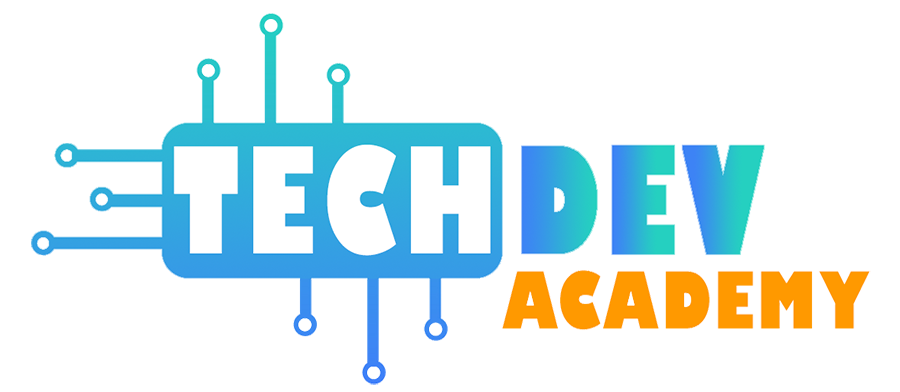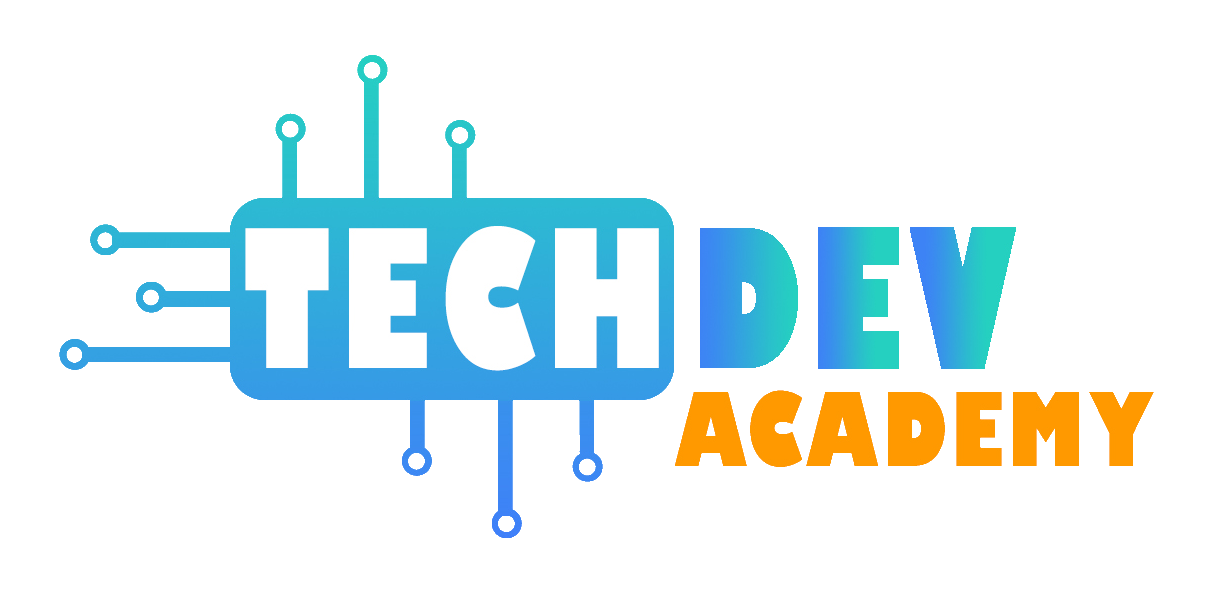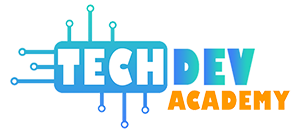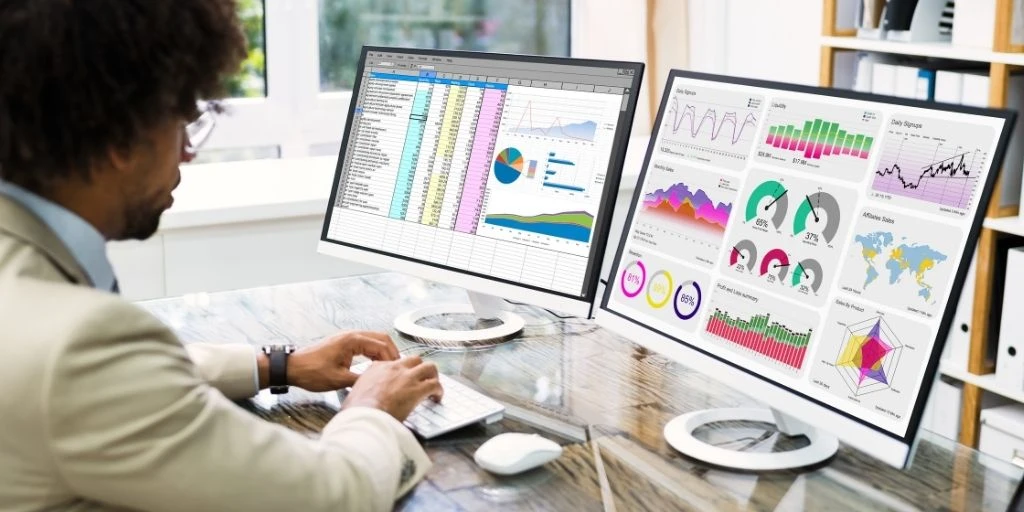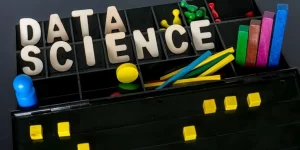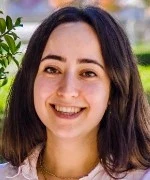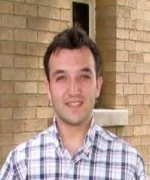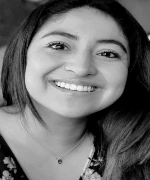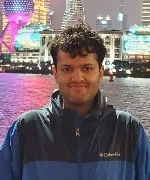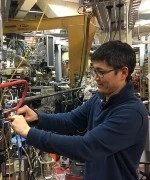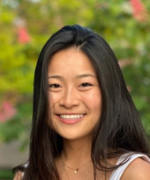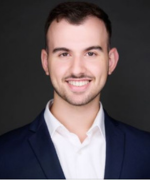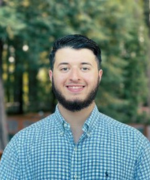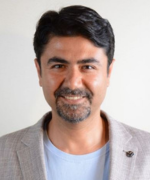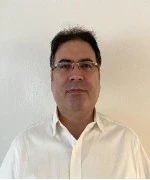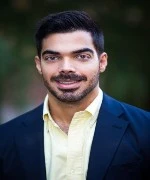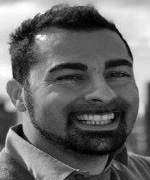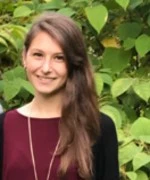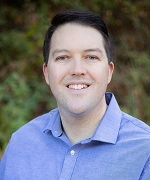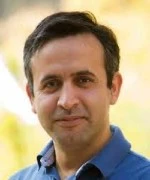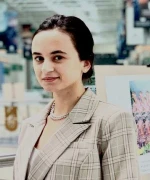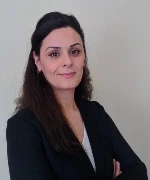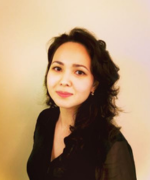How the Future of Jobs Will Look Like
Are you a parent getting worried about the successful future of your kid? Are you a student trying to choose subjects that will let you enjoy a rewarding profession in the future? No matter which of these leagues you belong to, this post will help you get a clear understanding of the professions that will be in high demand in the future and how to prepare for them in the best possible manner.
Professions that will be in demand in the next decades
COVID-19 pandemic has changed the entire global job market. Some of the so-called prestigious jobs have become unessential while some others have emerged as essential services. This scenario might change when the pandemic will be over. And this makes it even more difficult to choose a field that will let today’s kids/students enjoy an enviable profession in the future. Here are the professions that we can expect to be in demand in the next few decades.
Computer programmers: It is needless to say that we are going to experience a lot more automation in the upcoming decades. This will eventually boost the need for programmers to maintain those automated systems. Additionally, the ongoing advancements in the technological domain will require more adept programmers to handle fields like robot management, security management, etc. Therefore, it is safe to assume that computer programming will be one of the hottest professions in the future.
Data analysts: Businesses have already started to realize the true importance of data when it comes to creating effective customer-centric marketing strategies. The job of data analysts is to capture data from different sources and interpret trends and patterns to help a company improve its business. As the world will become more connected and more data will be generated in the future, the job of data analysts will remain in high demand.
Data scientists: While it is possible to gather data from various sources but it is only useful when useful insights can be derived from it. And that is exactly where data scientists come into the picture. These professionals help companies extract meaningful insights from the captured data to make strategic business decisions. In this increasingly data-driven world, data scientists will continue to play crucial roles in transforming the way businesses operate.
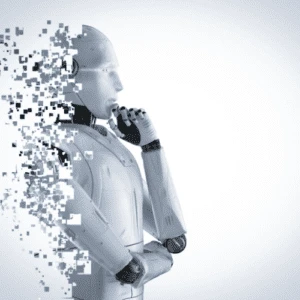

Artificial Intelligence (AI) specialists: While artificial intelligence specialists can carry out a variety of job roles, they’ve one thing in common. They utilize major AI technologies to develop services like chatbots, perform natural language processing, etc. As the field of artificial intelligence greatly depends on extremely large data sets, which will be the backbone of businesses of the future, this profession will have a highly rewarding career path in the future.
In addition to these, professions such as web developers, operations research analysts, information security analysts, game designers, etc. will also have lucrative careers in the upcoming years.
What students should do to handle future professions?
With lots of predictions about future professions, it often becomes difficult for students to understand whether or not their desired profession(s) will remain in demand in the future. Education has already become more skills-oriented and less focused on validating content knowledge. And considering the trends of future professions, it is becoming increasingly important to focus on 21st century skills like technical skills, digital literacy skills, and soft skills that will form the backbone of emerging disruptive technologies. Simply put, today’s students need to start working toward their careers as early as possible to prepare for future professions.
How students can get prepared for future professional life
In this era of rapid technological advancements, it has become important than ever to prepare students to solve real-world problems. Let’s see how this can be accomplished.
- Focus on skill-based education: It has become clear that AI and automation will be going to rule a major portion of future professions. While some low-end, routine tasks will be replaced by these technologies, they will create a plethora of exciting job opportunities as well. Those, who are unable to keep up, will be eventually left behind. Therefore, students need to focus on learning the fundamental skills of AI and related technologies. It will provide them with the opportunity to explore and understand AI and help them get prepared for the transformations that these technologies could make in the future.
- Pay attention to STEM subjects: STEM subjects will be integral parts of the majority of the leading industries of the future. Even if it doesn’t seem to be an attractive option to major in science or math, every student should learn the fundamentals to be able to cope up with booming technologies.
- Develop employability skills: In a world where industry requirements are changing rapidly, traditional educational institutions often fail to equip students with employability skills that can help them prepare for the future. Therefore, students need to develop aspects like problem-solving skills, communication skills, time management traits, organizational skills, etc.
- Focus on project-based learning: PBL or project-based learning helps students get engaged in meaningful, real-life projects. In this method, students learn principles and concepts by solving real-world problems instead of being presented with the concepts and facts directly. It essentially improves their content knowledge and skills, collaborative skills, and other employability skills.
Today’s students need to understand the ways advanced technologies can be leveraged. Obtaining the right skills will help them prepare for a wide variety of future work environments. Foundational skills in advanced technologies will help them stay ahead of the competition no matter what professions they finally end up joining. Parents also need to keep themselves informed of how the future of work is steadily changing to help their kids to get introduced to the right technologies. Keeping the changing nature of future business requirements in mind, this is the best time to start preparing our students to help them achieve their future goals.
